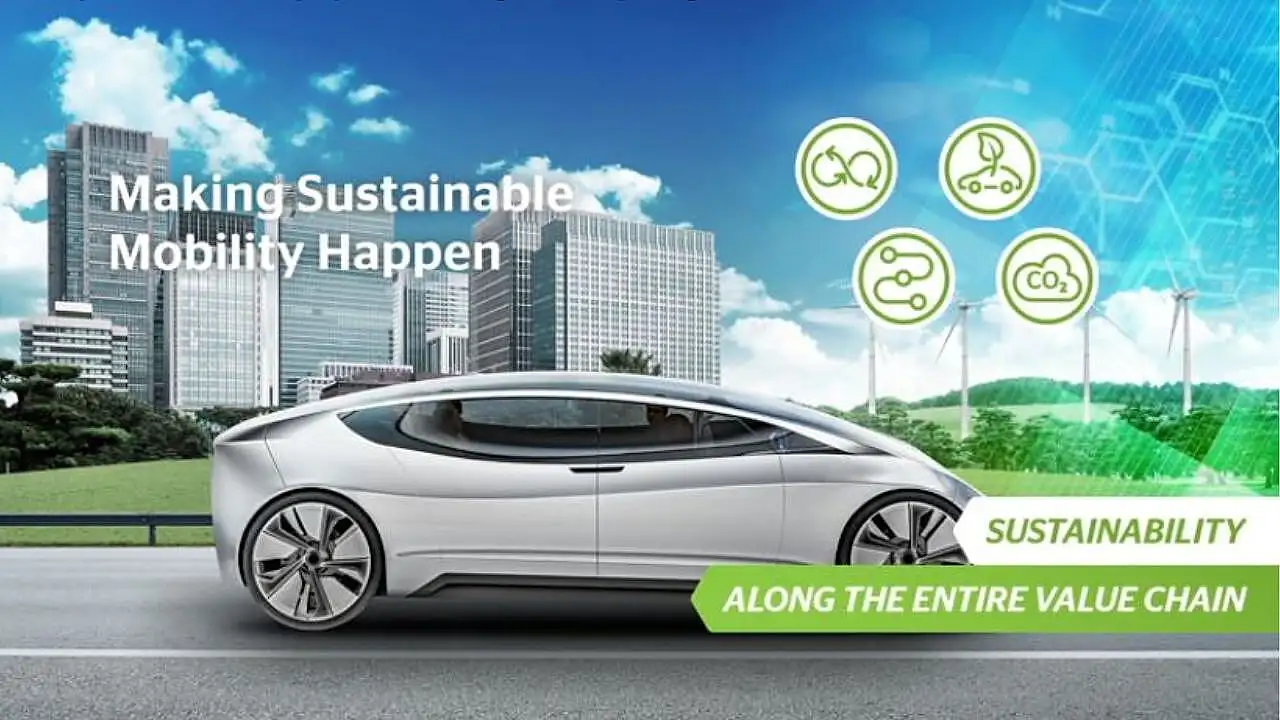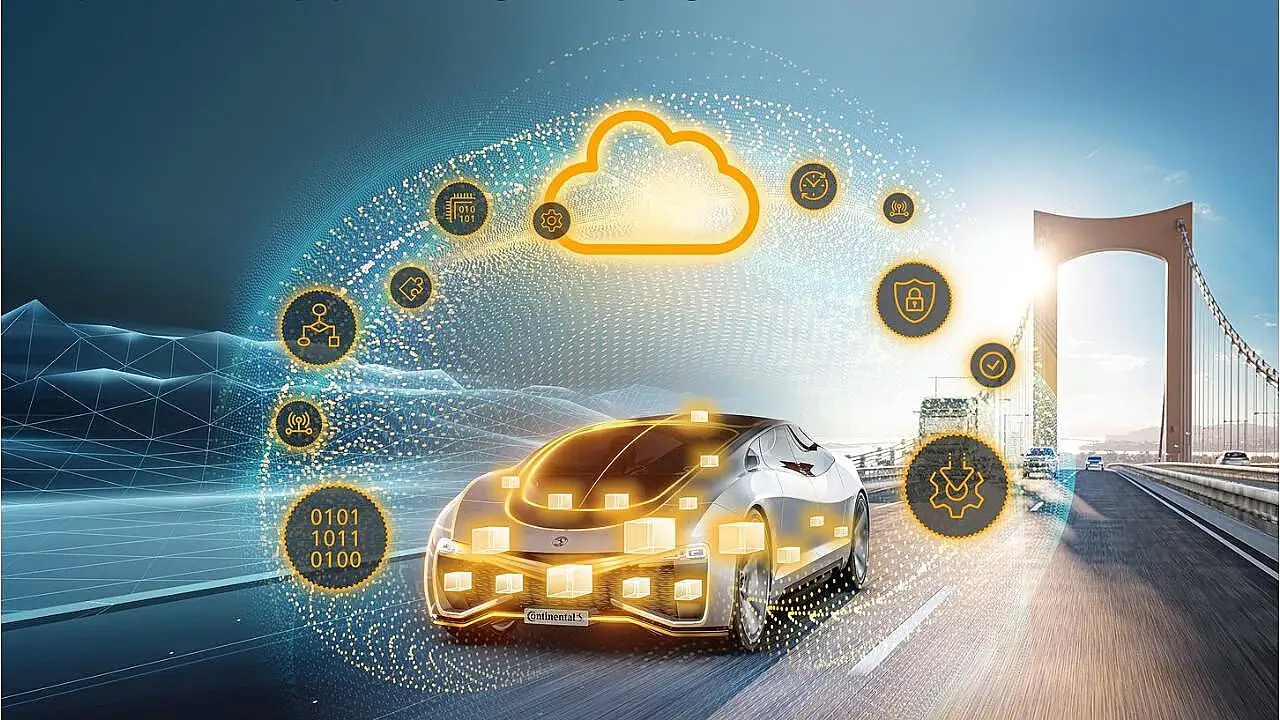
With technological disruptions now the name of the game, the automotive industry is working overtime to understand travel dynamics of the future and reconciling future mobility needs with sustainability.
Philipp von Hirschheydt, Continental Executive Board Member and Head of Automotive, said at IAA Mobility 2023 that digitalisation and sustainability 'fundamentally change' the mobility industry. While new technologies offer more opportunities, they create more complexities too, turning the industry on its head. This is precisely why the company redefines the vehicle with its partners and customers.
“We understand the vehicle in the entire ecosystem – from the road to the cloud. For our customers, we manage their complexities and bring solutions to scale so that drivers and passengers can enjoy safer and more autonomous mobility,” he said.
New Horsepower Of Mobility
Sustainability extends beyond drive systems and Hirschheydt said it does not mean switching to electric motors alone. On the contrary, it encompasses the entire value chain from production to operation and recycling. This is precisely why Continental provides end-to-end support to its customers. “We are developing comprehensive and credible mobility solutions to the major challenges of our time,” he added.
On tyres, Hirschheydt said the Conti CityPlus and UItraContact NXT boast of new standards in sustainability without compromising on safety and convenience. The company uses up to 20% of recycled material in passenger car tyres which will double to 40% by 2030 and 100% by 2050.
The UItraContact NXT is the most sustainably produced tyre in Europe comprising over 60% renewable and recycled materials. Designed for city driving, the Conti CityPlus has significant energy improvement efficiency, translating into more range and less CO2 emissions for EVs.
Sustainability, design, and functionality are key aspects of vehicle interiors, and the exhibit ‘SPACE D!’ proves that the new world of mobility looks different but completely comprises sustainable materials. These include 100% recycled PET bottles and organic materials. The “D” in the name “SPACE D” stands for the high design standards of this concept and the interiors are designed like a living room or workplace rather than a traditional vehicle.

Software-driven Mobility
Hirschheydt said personal mobility will look completely different in a few years, with functional aspects taking the backseat. Autonomous driving and software-defined mobility will soon have a profound impact on the user experience and the best way to shape these developments is to work together in an ecosystem.
This is precisely why the company partnered with Ambarella to develop scalable multisensory systems, from driver assistance to autonomous driving. Continental recently received the first customer order for these jointly developed systems as a complete solution.
The partnership with Aurora will see the launch of driverless trucks in the US and Continental has received orders worth €4.8 billion based on a new business model where it is paid based on autonomously driven miles. Hirschheydt also spoke of the company’s association with Sony (for software-defined vehicles), Argus (cybersecurity), trinamix (biometric driver recognition and protection from vehicle theft), Elektrobit (for vehicle software) and AWS (to virtualise vehicle software).
Central Nervous System
According to him, the development of new horsepower mobility enables people to travel safely where connectivity and integration are crucial factors. Various components of the ecosystem, right from the road to the cloud, must communicate reliably with each other. Continental addresses this issue with its high-performance computers (HPCs) which are controlled by precisely programmed software and become the central nervous system.

The company recently paved the way for HPC-based vehicle architecture in VW's ID series electric models and has developed HPCs 'for every vehicle in every class'. By the end of 2024, the company will supply HPCs to up to 30 models for different manufacturers worldwide.
Partnering With Google
Continental and Google Cloud announced their alliance at IAA to equip cars with generative artificial intelligence (AI) and create an intuitive user experience for drivers. The system lets drivers talk with their vehicles. Apart from checking out hotels and tourist attractions, the driver can also ask follow-up questions without repeating the whole context.
The system can access specific vehicle information, such as the operating manual; it can even tell the driver where the USB port is located or what the required tyre pressure is when the car is fully loaded. Besides, Google Cloud’s generative AI allows the system to constantly learn, create new content and adapt to the user’s preferences.
Hirschheydt said nearly two-thirds of drivers in Germany who intend to buy a car over the next three years would like to have an AI voice application in their vehicles. Continental will go all out to work on these technologies, “We plan to start production by as early as 2025,” he added.
Also Read:
Continental Appoints Manja Greimeier As Head - Tires’ Original Equipment